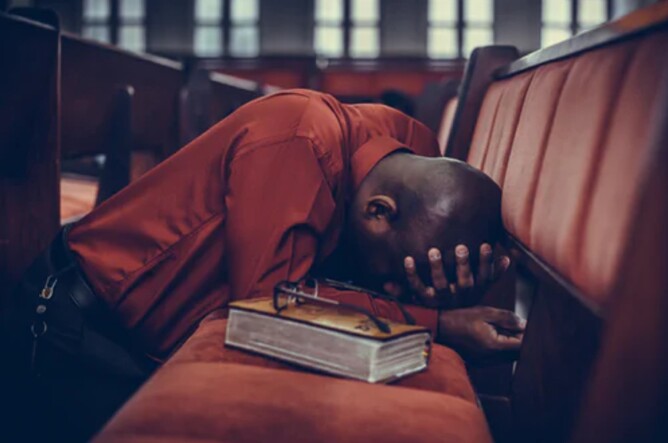It’s a shame that the old meme that the Chinese word for “crisis” is a combination of the words meaning “danger” and “opportunity” is not true. A shame, because there is certainly truth to the saying itself.
At times like this, it’s easy to focus on what we can no longer do, rather than the opportunities that present themselves. Yet I wonder if the greatest opportunity presenting itself to us is in danger of being overlooked.
It’s the opportunity to experience something of a Sabbath break from routine.
Most will be aware of the Biblical teaching on the Sabbath and that it was instituted by God as a day of rest: a time to stay at home with family and cease from one’s usual work (sound familiar?)
Some of the false gods we so easily worship are the gods of busyness, productivity and achievement. Take these three things away from us and many of us feel lost. We either have a small (or not so small) meltdown or we fill the void with worthless pursuits (anyone for binge-watching seven seasons of…?).
So as we youth pastors and leaders face this enforced “Sabbath” what might we do to truly embrace this opportunity? The temptation will be to spend hours online "producing and achieving" in different ways: keeping every youth programme going in a virtual sphere or researching 100 things young people can do to stop themselves from becoming bored.
Instead of looking to substitute one way of staying busy with another, could it be that God wants us to use this time for more reading, reflection and re-creation?
Today a youth pastor on my social media feed posted a photo of eight Christian and ministry-related books he intended to read during lock down. Eight might be a bit much for some but whatever your situation and whatever your speed of reading, set yourself a goal.
That goal might even be how much Scripture you’ll read in four weeks (50 chapters a day and you’ll make it through the whole Bible with time to spare!)
Don’t just read. Take time to reflect, to pray and to be silent. Exercise your body with a walk around the block and exercise your spirit by leaving your phone at home. Walk in silence and gently bring your wandering mind back to God.
Another way of experiencing this Sabbath is to use freed up time to invest in relationships with those you’re living with. Chances are you’re spending a lot more time with your family than you’re accustomed to. Paid youth pastors will have the rare opportunity of spending time at home in the evenings with their spouse, children and/or flatmates. Make the most of it! Work on your marriage and make the most of the extra time with your children.
As time goes on, this extra time together in lock down with those we love may get stressful. When you find yourself getting frustrated or irritated with the people you’re living with, ask God what these feelings are teaching you about yourself. What an opportunity to develop character!
Finally, Sabbath is a time for gratitude. I’m sure that after just one day of lock down, you’ve already thought of a dozen things you can’t do and, in the process, have felt a little grumpy.
Let’s spin it around and instead of thinking about what we don’t have or what we’ve lost, let’s cultivate gratitude for the things we do have. Make a list of what you’re grateful for and review and add to it regularly. Consider what people facing war, famine and pandemics without medical care are going through, and suddenly our loss of freedoms are brought into perspective.
Maybe through this, we will gain new insight into what the Apostle Paul meant when he said,
“I have learned how to be content with whatever I have. I know how to live on almost nothing or with everything. I have learned the secret of living in every situation, whether it is with a full stomach or empty, with plenty or little.” (Philippians 4:11b,12)



